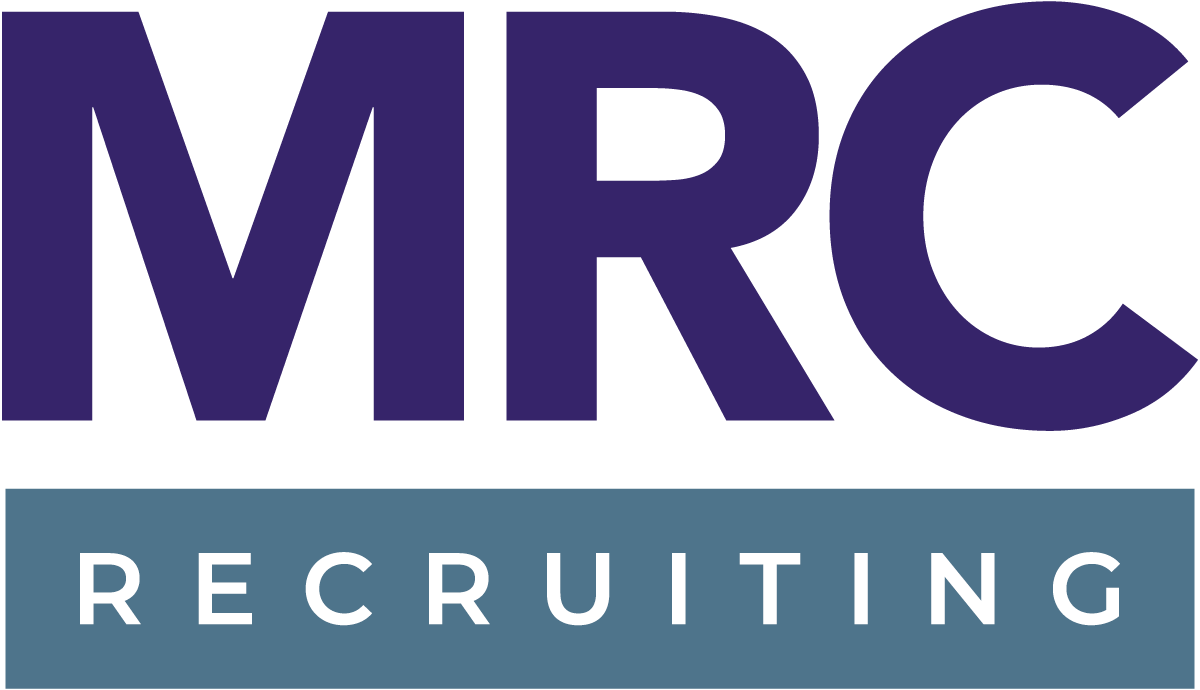In a U.S. job market teeming with opportunity, you’d think finding and landing a new position would be fairly easy. For a lot of people, it can be. But what if the place you’ve been dreaming of isn’t hiring? What if you’re ready for a career change or even a slight pivot from your current duties? Navigating those waters is a little more complex, but never underestimate the powers of personality and ingenuity.
Traditionally, job opportunities are posted online or word of mouth from friends alerts you to possibilities in their organizations, but that isn’t always the case. Often companies know they have a need for certain skills but haven’t formalized it or perhaps hope to find talent through their current employees. I call this the underground job market. It’s particularly prevalent at the C-Level, mid-management and in smaller companies.
A simple letter of interest to a firm that excites you, a cold call-type letter, could be the key for both you and the company. A letter of interest is similar to a cover letter but allows you to showcase your talents and, this is important, the skills you could bring to their team.
Yes, it can be daunting, but your chutzpah could lead to meaningful conversations and a new job. A letter of interest offers a solution before the company publicly says it has a need. It’s reverse engineering for you and for the business.
One candidate I have worked with expressed interest in a company and asked if they were looking for anyone with his skills. I was not representing the company, but suggested he research the company, employees, and reach out. He did his homework and developed a letter of interest and sent it to a few people including the president of the company who reached out They connected, and the candidate is now working for that company. It happens.
We’ve all heard the stories about how a humble thank you note has turned a mediocre interview into a job opportunity. A letter of interest is the same idea.
Do your homework, though. A letter of interest isn’t a fanciful wish or merely an introduction to you and your skills. I encourage candidates to research companies, understand their culture and think about why they want to work there. Review their website and social media verbiage. See how they’ve been portrayed in the news. Use those as your guide to how formal or relaxed your writing should be. Also look at locations you like, physical or remote, and that work with your family and lifestyle. Network your way in using conferences, recruiters, LinkedIn connections, and THEN write a letter of interest to the company.
The letter shouldn’t be long, just a few well-structured paragraphs, it’s a different approach to what hiring managers routinely see. It can showcase your passion and give you a platform upon which to sell yourself. Send it to the department manager, the hiring team, or even to the business owner him/herself. Email or traditional hard copy letter, just be authentic and sincere.
I love this approach because it’s colorful and can inspire conversation within the company and hopefully with you!
As always, before sending any letter of interest, ensure your resume and LinkedIn profile is up to date.
If you’re looking to make a career change, MRC can help connect with us or submit your resume.

